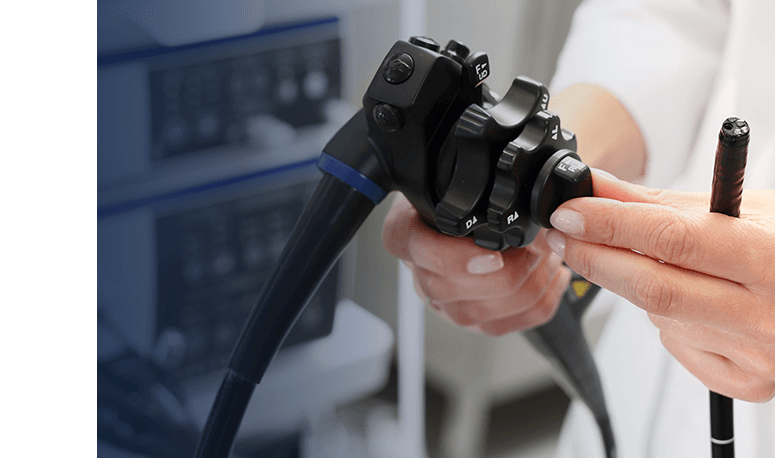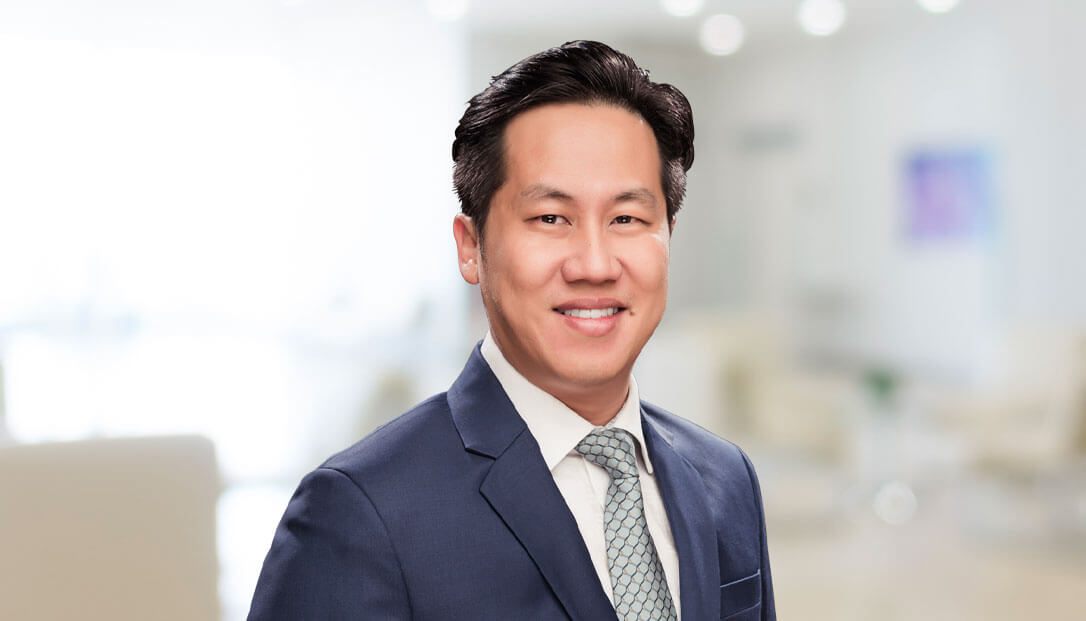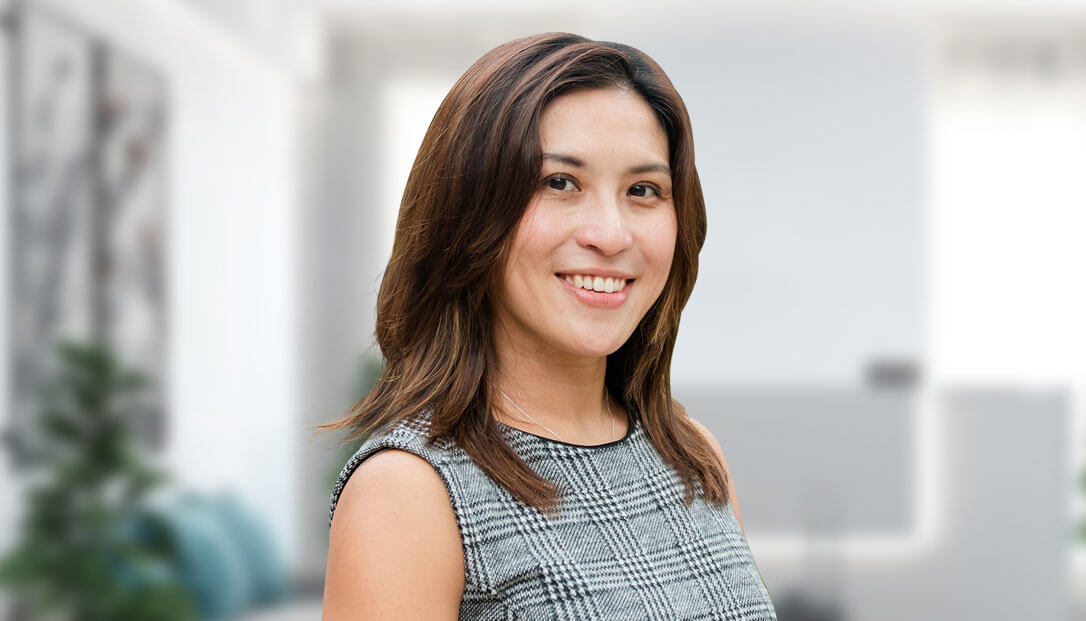Endoscopy

Endoscopy is a medical procedure used to examine the structures inside the body. There are many types of endoscopy, each of which is designed to diagnose and treat a wide range of conditions.
An endoscope is a device used to visually examine the inside of a body cavity or organ. It typically consists of a long, flexible tube equipped with a light source and camera at one end. The images captured by the camera are displayed on the monitor, allowing the endoscopy specialist to detect abnormalities in the internal structures.
An endoscopy screening enables doctors to:
Endoscopy comes in several types, each designed to examine a specific part of the body. Some types include:
Endoscopy is typically performed when a doctor suspects an underlying health condition and needs a detailed internal view. It is commonly recommended to:
Endoscopy is a valuable tool for diagnosing conditions affecting various organs, particularly those in the digestive tract. Conditions commonly diagnosed with endoscopy include:
Get quick, accurate diagnostics with an endoscopy.
Make an appointment with our clinic at 6262 1226 today.
While endoscopy is primarily a diagnostic tool, it can also be used to treat a variety of conditions. Common procedures performed during an endoscopy include:
To ensure a smooth and successful endoscopy, your doctor will provide specific instructions. In preparation for your endoscopy, ensure to:
Most endoscopic procedures are outpatient, meaning you can go home the same day. However, some complex procedures may require an overnight stay. The total procedure time can range from 30 minutes to two hours, depending on the specific type of endoscopy.
During the procedure, you will lie on your left side on an exam table. You will receive sedation medication or local anaesthesia to help you relax and feel comfortable. In rare cases, general anaesthesia may be used.
The doctor will gently insert the endoscope through your mouth (gastroscopy) or anus (colonoscopy), guiding it to the area they need to examine. They will use the images from the endoscope to assess the area, take biopsies if necessary, and perform any required treatments, such as removing polyps or stopping bleeding.
Once the procedure is complete, the endoscope will be slowly removed. For procedures that involve incisions, these will be closed with stitches.
Arrange for an endoscopy to identify the cause of your symptoms.
Contact us at 6262 1226 today.
After the endoscopy, the patient will be transferred to the recovery area to be monitored until the sedation completely wears off. Patients who undergo endoscopy often experience some side effects after the procedure such as sore throat, bloating, nausea, or mild cramping. These side effects are usually temporary and should resolve within a few hours or days.
Preliminary results may be available the same day but for cases requiring further analysis like a biopsy, results may take a few more days.
To ensure a smooth recovery after your endoscopy, your doctor may provide specific instructions. These may include:
While endoscopy is a safe procedure, it still carries some potential risks and complications, including:







Dr Dennis Koh
Medical Director & Senior Consultant Surgeon
B Med Sci (Nottingham), MBBS (Nottingham)
MMed (Surgery), FRCS (Edinburgh), FAMS
Dr Dennis Koh is an experienced colorectal surgeon, skilled in both open and minimally invasive colorectal surgery, including laparoscopic surgery and single port surgery.
Dr Koh strives to provide a customised treatment plan for each patient, which allows for better outcomes. He also honed his skills in proctology abRd in Geneva, bringing a more diverse touch to his practice.

Dr Sharon Koh Zhiling
Senior Consultant Surgeon
MBBS (Singapore), MMed (Surgery),
FRCS (Edinburgh), FAMS
Dr Sharon Koh is an experienced colorectal surgeon and the former Director of Endoscopy at Alexandra Health. She specialises in colorectal surgery, minimally invasive surgery, and advanced endoscopy.
Dr Koh completed her fellowship at Cedars-Sinai Medical Centre in the US after being awarded the Academic Medicine Development Award by the National University Hospital.

Dr Pauleon Tan Enjiu
Senior Consultant Surgeon
MBBS (Singapore), MMed (Surgery),
FRCS (Edinburgh), FACS
Dr Pauleon Tan has over 15 years of experience in public hospitals, specialising in minimally invasive surgery and endoscopy. He has subspecialty interest in treating colon, rectal or anal conditions using both traditional open or laparoscopic techniques.
Dr Tan undertook advanced colorectal surgical training at Japan’s Saitama International Medical Center after being awarded the Ministry of Health – Health Manpower Development Plan (HMDP) Award.